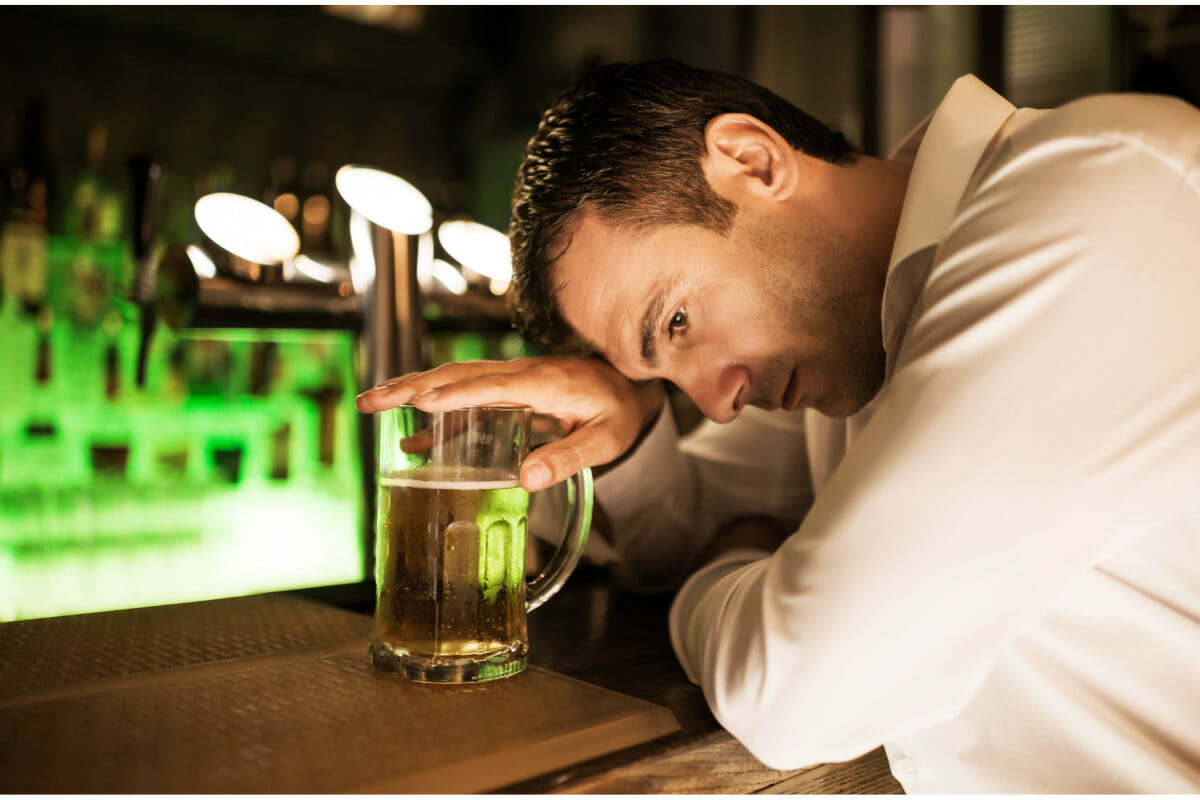The impacts alcohol has on physical health are widespread and can impact people in different ways. When people drink excessively, they may not realize the connection between alcohol and health, especially physical health and athletic performance. While alcohol can affect people in different ways, there are many similar consequences when talking about physical performance. These consequences can have a life-long impact if someone continues to drink and does not seek treatment.
We’re going to take a closer look at what those consequences are and share how to get help treating excessive drinking. Through treatment and recovery, athletes or anyone else can return to their peak performance levels and live a healthy lifestyle.
Alcohol and Physical Performance
The effects alcohol has on physical performance will depend on how much someone consumes. Still, regardless of the amount, alcohol can profoundly impact those who are used to being physically active. The use of alcohol can influence motor skills as well as aerobic performance.1
Chronic alcohol use can have a more severe impact and can lead to nutritional deficiencies, depressed immune functions, and an increased risk of injury. Many people don’t realize that too much alcohol in the body can also make healing take longer and can also impact when someone can return to their normal activities.
The Effects of Having Alcohol Before and After Exercise
Whether you’re an athlete or exercise regularly, consuming alcohol before or after any activity can seriously impact your body’s functions. When someone ingests alcohol, blood alcohol concentration increases. Soon after, some acute side effects begin to happen. This can result in depression of central nervous system activity if alcohol is consumed before exercise.1
The extent of the impact will depend on how much alcohol is consumed, but alcohol is known to:
- Compromise motor skills
- Delay reactions
- Impaired balance
- Lapses in judgment
It’s also important to note that the body will metabolize alcohol first, impacting the metabolism of lipids and carbohydrates. These are the preferred energy sources when someone is exercising. This is why having a drink, especially in large amounts, can impact physical activity.
When it comes to having alcohol after exercise, the results can be just as damaging. Beverages that have 4% of alcohol or more can make someone urinate more, leading to dehydration.1 Athletes should look for rehydrating beverages after a workout, such as water and sports drinks, not alcohol.
It’s also been noted that when athletes choose to have alcoholic beverages during the recovery portion of a workout, they are less likely to follow nutritional guidelines. This can impact future training because the body is not getting what it needs after exercising.
Alcohol Impacts on Physical Health
Besides impacting physical performance, too much alcohol can also affect physical health. Chronic and heavy use can increase lead to many health problems such as:2
- Heart damage
- Stroke
- High Blood Pressure
- Liver problems (fibrosis, cirrhosis, fatty liver, alcoholic hepatitis)
Alcohol use can also impact the pancreas, causing it to produce toxic substances in the body that can lead to pancreatitis. There is also evidence that suggests that excessive alcohol consumption can increase a person’s risk of developing certain types of cancer including:2
- Head and neck cancer
- Breast cancer
- Esophageal cancer
- Colorectal cancer
It’s essential to be aware of the many health risks of excessive drinking and seek treatment before it is too late.
Stop Drinking with Silver Sands Recovery
If you or a loved one is drinking too much and you’re looking for help, Silver Sands Recovery can help. We have a variety of holistic treatment plans that aim to treat the mind and body of those who are dealing with a drinking problem. Silver Sands Recovery offers several sports activities to help patients heal their bodies while seeking treatment for their addiction.
As part of our therapy program, patients can also take advantage of a golf division to stay active. For more information on treatment programs at Silver Sands Recovery, call us or reach out to us online. Let us help you get back on track and live the sober life you deserve.
Sources:
[1] https://www.nsca.com/education/articles/nsca-coach/the-effects-of-alcohol-on-athletic-performance2/
[2] https://www.niaaa.nih.gov/alcohols-effects-health/alcohols-effects-body


